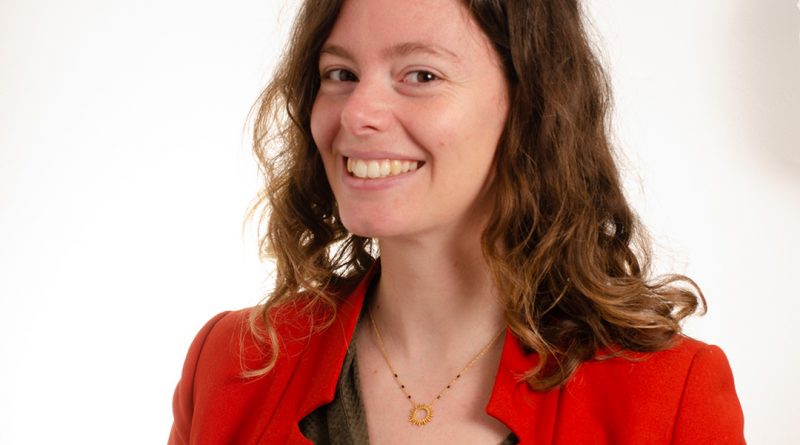VUB PROJECT AIMS TO BREAK THE TABOO
Deborah de Moortel, research professor at VUB, is glad when we meet her. Together with her colleagues from the Compassionate Communities Centre of Expertise, she has recently found funding to launch a research project on compassionate workplaces. This means that they will soon join forces with companies to look for methods to leave scope for serious illness, mourning and loss in the workplace.
It is hardly surprising that the death of a loved one has a significant impact on people. It will also affect their work performance. Research conducted in the Netherlands and Belgium has shown that on average, employees stay at home for 170 days after the loss of their partner. A quarter of people who mourn the loss of their partner even do not return at all to their former workplace. However, adequate counselling can make a real difference. So if companies need an argument – besides empathic HR management – for giving scope to experiences concerning the end of life in the workplace, they need not look further.
What place serious illness, mourning and loss can get in a professional environment is the subject of the project which professor De Moortel and her colleagues want to set up at VUB. “At the moment, this still depends all too often on coincidence. An empathic manager will probably try to adopt a good approach. But even they may lack crucial knowhow. This topic is not easy to handle, as it is taboo. We prefer not to talk about it. But silence is a bad approach. It is therefore advisable for companies to think about an approach, even if they have not yet been confronted with this issue.”
What can employers do?
De Moortel: “Free up time for discussion, and make concrete arrangements. For example, you can adjust working hours or job content upon consultation. You will need a degree of flexibility at certain moments. Direct colleagues will often spontaneously take over tasks. As an employer, it is best to initiate a conversation about how they are coping and what they need. They may require some time. Other people who are grieving want to get back to work as soon as possible to take their mind off things. So their needs are very diverse. A wide range of examples, tips & tricks can be found on the website of Compassionate Brugge. Bruges is a trendsetter in Belgium. As a compassionate city, they have already collected a lot of materials.”
Are you also looking at the legislation?
De Moortel: “The legal possibilities to support people in mourning and caregivers are often unknown to those who are entitled to them. In practice, we see that people usually take up their leave entitlement or take unpaid leave. Of course, the HR team can play a role in this respect: explain the possibilities and help them with the paperwork this involves. After all, you can really do without this in times of grief or mourning.”
What do you want to achieve with this project?
De Moortel: “We want to start a debate among employees and managers in companies about a compassionate approach to colleagues who care for or have recently lost a loved one. Each company is different, and each person is unique. But in times of mourning, human relationships are extremely important. In an increasingly digital working environment, these relationships will need to be strengthened. The prevention of social isolation can be challenging in an environment with a lot of telework. With our study, we aim to collect data about what works and what doesn’t as well as about the options perceived by employees themselves in as many different companies as possible. Afterwards, we will share our insights with other interested parties.”
Never Work Alone 2023 | Author: Jan Deceunynck | Image: XXX

